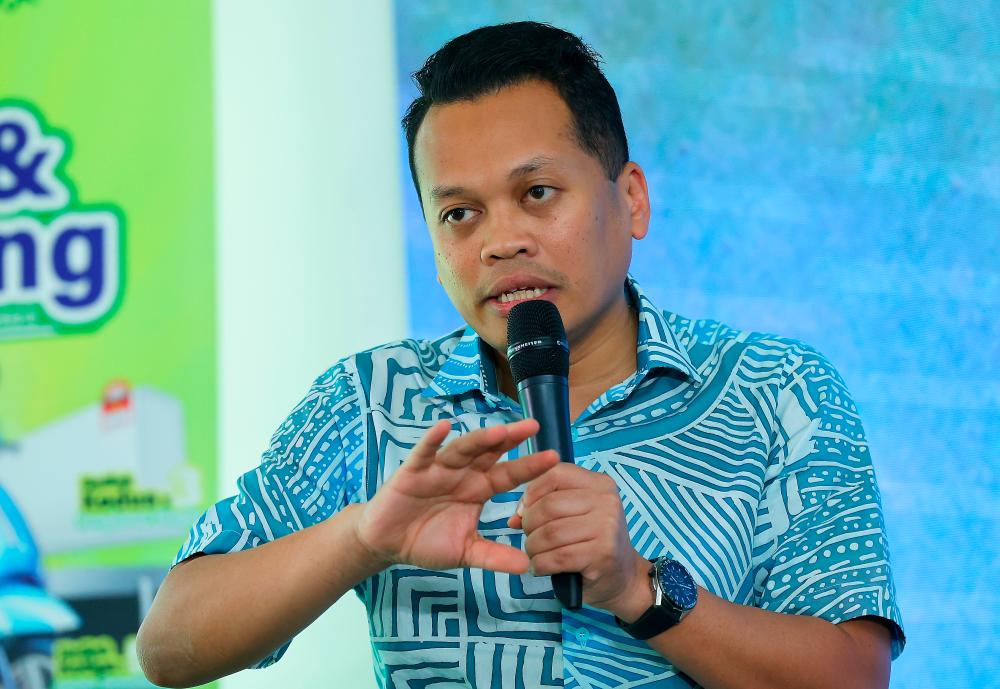KUALA LUMPUR: The Ministry of Natural Resources and Environmental Sustainability (NRES) through the Department of Environment (DOE) has licensed 114 premises which can accept e-waste disposal throughout the country last year, the Dewan Negara was told today.
Its minister Nik Nazmi Nik Ahmad said in an effort to achieve environmentally friendly management of all waste, NRES implements the cyclical economy concept in the management of scheduled waste and plastic waste which aims to reduce waste production and increase resource efficiency through recycling, reuse and regeneration.
Out of that number, 13 facilities are fully e-waste recovery facilities.
“They carry out the process of recovering (extracting) metals such as gold, silver, iron, aluminum and copper. Currently, it is called the concept of ‘urban mining’.
“This initiative has contributed to a 33 per cent increase in the scheduled waste recycling rate in 2023,“ he said in reply to a question by Senator Datuk Ahmad Ibrahim who asked about the implementation of environmental sustainability development in line with the goal of sustainable development to drive the country’s economic growth.
Apart from that, Nik Nazmi said his ministry has introduced the Malaysia’s Roadmap towards Zero Single-Use Plastics 2018-2030 and Malaysia’s Plastic Sustainability Roadmap 2021-2030.
He said the implementation of the initiative aims to reduce single-use plastic by taking a balanced approach between economic development and environmental sustainability that will see the country achieve sustainable growth in the long term.
Meanwhile, Nik Nazmi said the ministry is currently in the process of preparing a draft of the National Climate Change Bill.
It is in addition to the amendment to the Environmental Quality Act that was presented for the first reading in the Dewan Rakyat last November and is expected to be resolved at this session.
“This will be a commitment at the legal level about the commitments we have made so far under the Paris Agreement regarding the reduction of carbon emissions, net zero and so on. We will include it under the legal framework and this will take us even further.
“So far (legislation) we are based on fairly general and broad principles and not specific legislation,“ he said in response to a supplementary question by Senator Ros Suryati Alang who enquired about a special action plan that could be made into a mandatory law so that environmental conservation is made a priority in every development planning.









